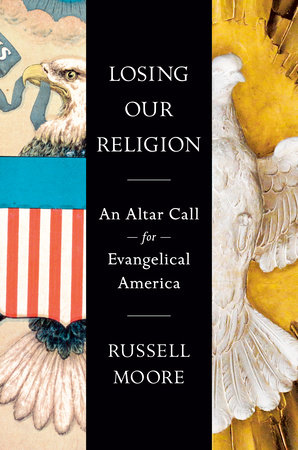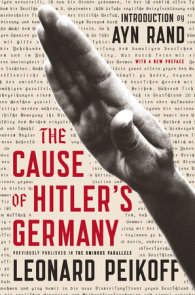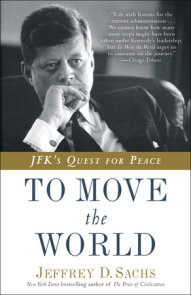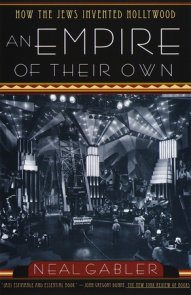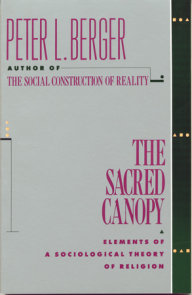READERS GUIDE
Questions and Topics for Discussion
1. What brought you to this book?
2. Throughout the book, Dr. Moore addresses the way the American evangelical church has lost its unique witness in platforming Donald Trump. In what ways has political identity become a touchstone in your own community? What is your reaction to those changes?
3. In the introduction, Dr. Moore describes his Southern Baptist childhood. Were you raised in a religious tradition? What are some of your early memories of practicing faith? Whether these are positive or negative memories, how have they shaped you?
4. The early church was described as playing a vital role in caring for the poor and marginalized of the Roman empire. What role might faith play in culture and politics today? What would need to change for Christians to be better citizens?
5. How has church attendance and religious affiliation changed? What factors around secularization does Dr. Moore point to as responsible for this shift? What do you think?
6. In chapter one, Dr. Moore advises readers to embrace disillusionment. What does he mean by that? Have you ever become disillusioned with a person, idea, or institution? What was that experience like for you? How can disillusionment be an important part of rebuilding something?
7. Dr. Moore argues that the political positions of some prominent evangelical leaders—especially support of former president Donald Trump—undermine the credibility of their teaching by making them look hypocritical. What are some examples, either cited by Dr. Moore or from your own experience? Do you agree with Dr. Moore’s argument?
8. What would you say accounts for the difference between what Christians say they believe and their support for leaders who lack Christian virtues? What would you imagine as a positive role the evangelical church could play in culture?
9. Dr. Moore cites the journalist Amanda Ripley’s term “conflict entrepreneurs” for those who instigate conflict. Conflict entrepreneurs are “quick to validate every lament and to articulate wrongs no one has even thought of.” Who are prominent conflict entrepreneurs in politics, media, or the American church today? How do you react to their calls to conflict?
10. In chapter four, “Losing Our Integrity,” Dr. Moore presents his most direct arguments against Donald Trump and Trump’s evangelical supporters. Did any of his arguments surprise you? Did any resonate with you?
11. Dr. Moore recommends embracing new communities and friendships as an antidote to lifelessness in the church today. He describes his friendship with Bible teacher Beth Moore as an example of a life-giving friendship. Has a life-giving friendship gotten you through a time of spiritual trouble? Provide an example to the group. Besides an individual friendship, what new communities might form that you could be invited into or invite others into?
12. By the end of Losing Our Religion, have you reconsidered something new regarding Christian faith or American politics? What is one lesson from Dr. Moore that you will take with you now that you have finished reading the book?







